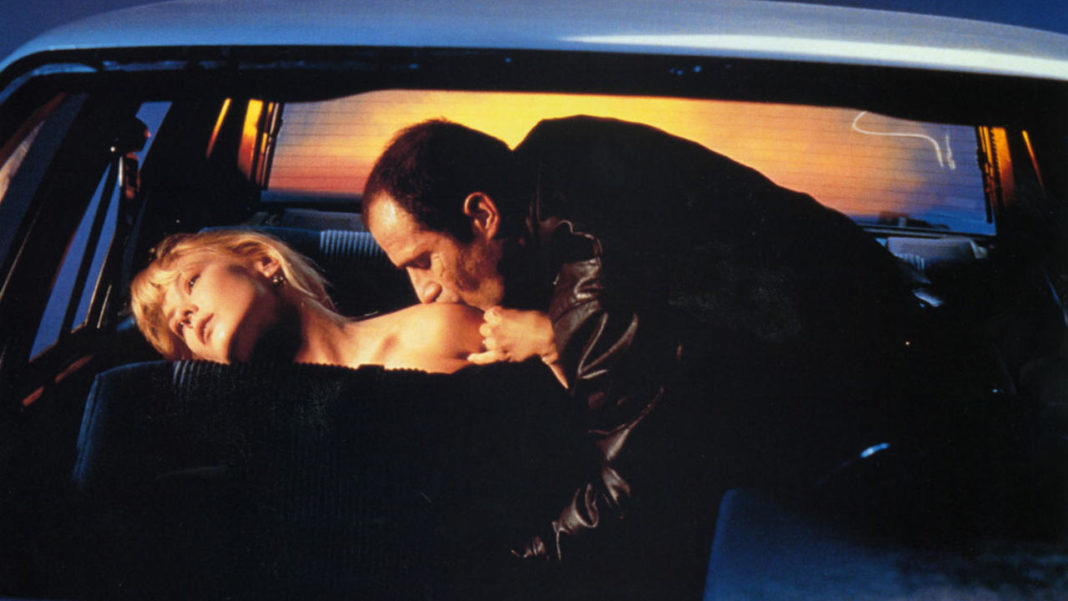“Crash” encapsulates the madness of the ’90s. It’s a scandalous film that didn’t fail to alarm the politically correct crowd in the ’90s. However, it’s important to correct an error: the politically correct notion often used by far-right pamphleteers to criticize left-wing principles is actually associated with right-wing thinking. This thinking generally finds its limits within religious prohibitions, as Christianity has influenced our value systems and even our legal systems, despite living in secular countries. Thus, Crash is a thriller that explores the dangerous links between sexuality and car accidents, referred to as “Crash”. The screenplay is adapted from J.G. Ballard’s work of the same name, published in 1973.
The film tells the story of a film producer engaged in adulterous relationships with a woman who does the same and is bored with her life. After a car accident, he becomes immobilized for a few weeks and encounters a psychopathic sexual deviant fascinated by car accidents. The deviant leads him into a secret and forbidden world where sex and car accidents intertwine, leading to a virtuosic climax.
From the opening moments, the viewer is immersed in the unknown. James Spader, who had already made an impact at the Sundance Film Festival with “Sex, Lies, and Videotape” in 1989, portrays the protagonist of the book, delving into this forbidden universe. The director of Crash, David Cronenberg, had previously directed the film “The Fly”, which also explored the transformation of the human body.
In the ’90s film landscape, often characterized by conventional patterns, heroes, and sentimental themes, Crash stands out. The film was released a year before “Titanic”, which speaks volumes. It bears witness to the vitality of American cinema during that time, which also saw the emergence of a certain Quentin Tarantino.
The film’s greatest achievement lies in its ability to surprise and delve into an “astral” subject. The screenplay won’t please everyone, nor will the subject itself, and it won’t even pique the interest of car enthusiasts. However, the descent of the producer into irrational and politically incorrect desires, his decline into dark and profound emotions, is utterly captivating.


